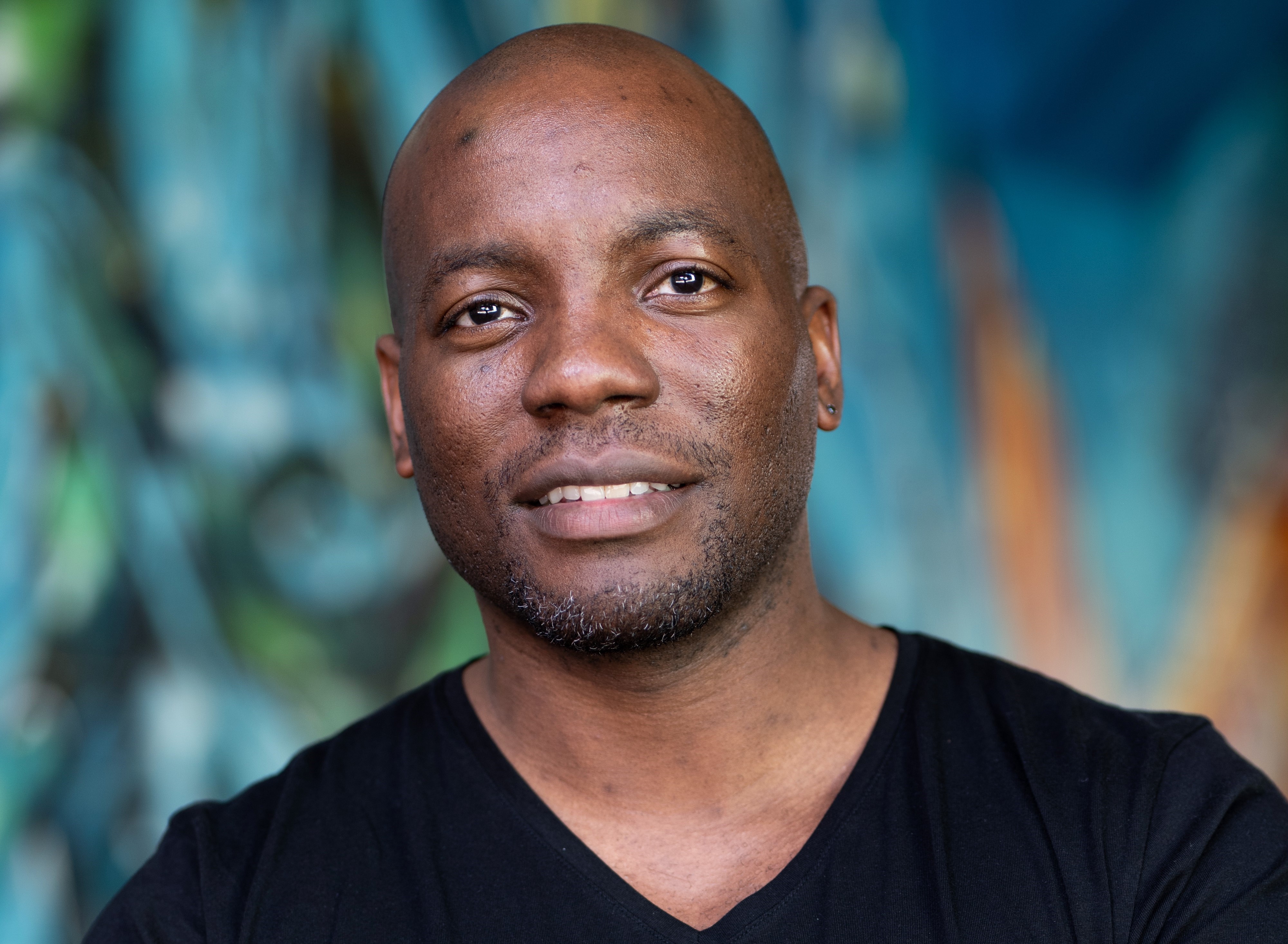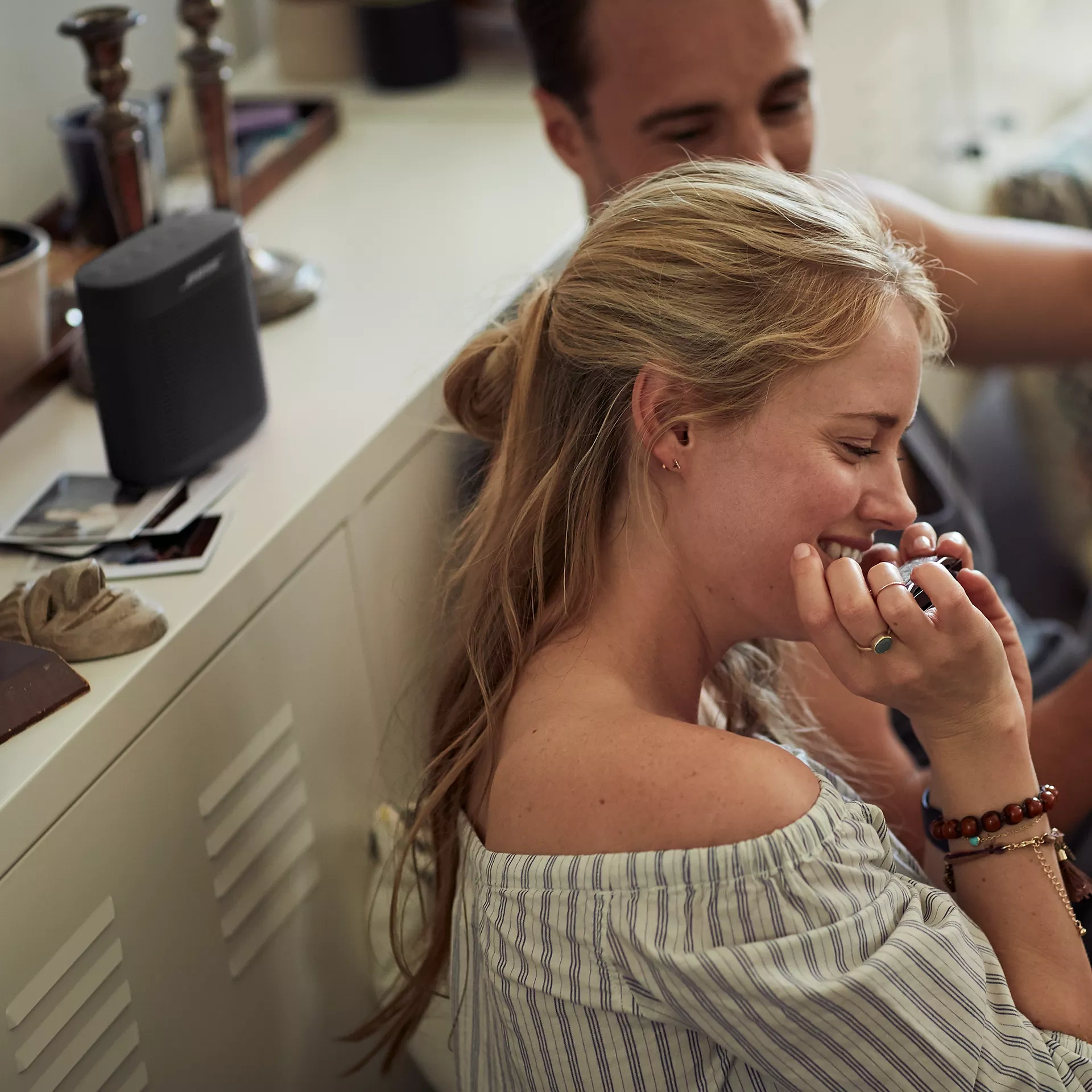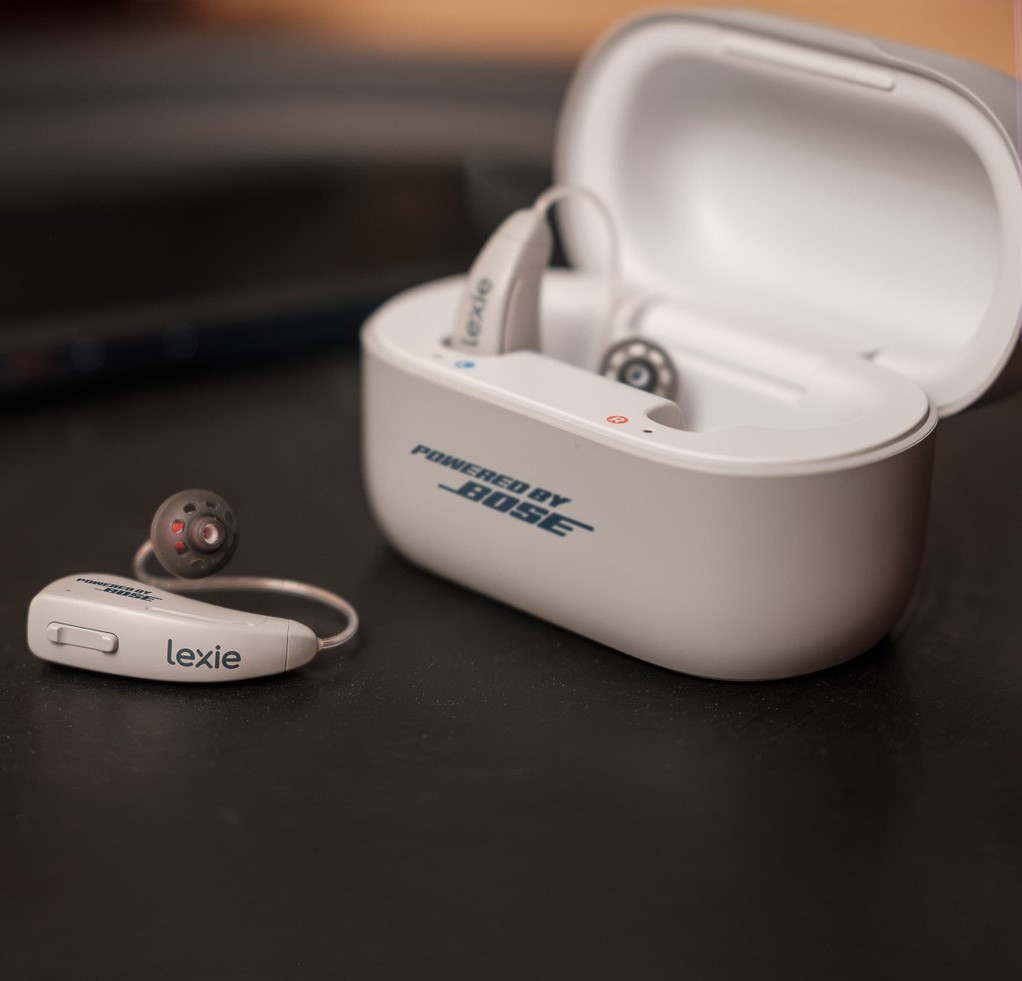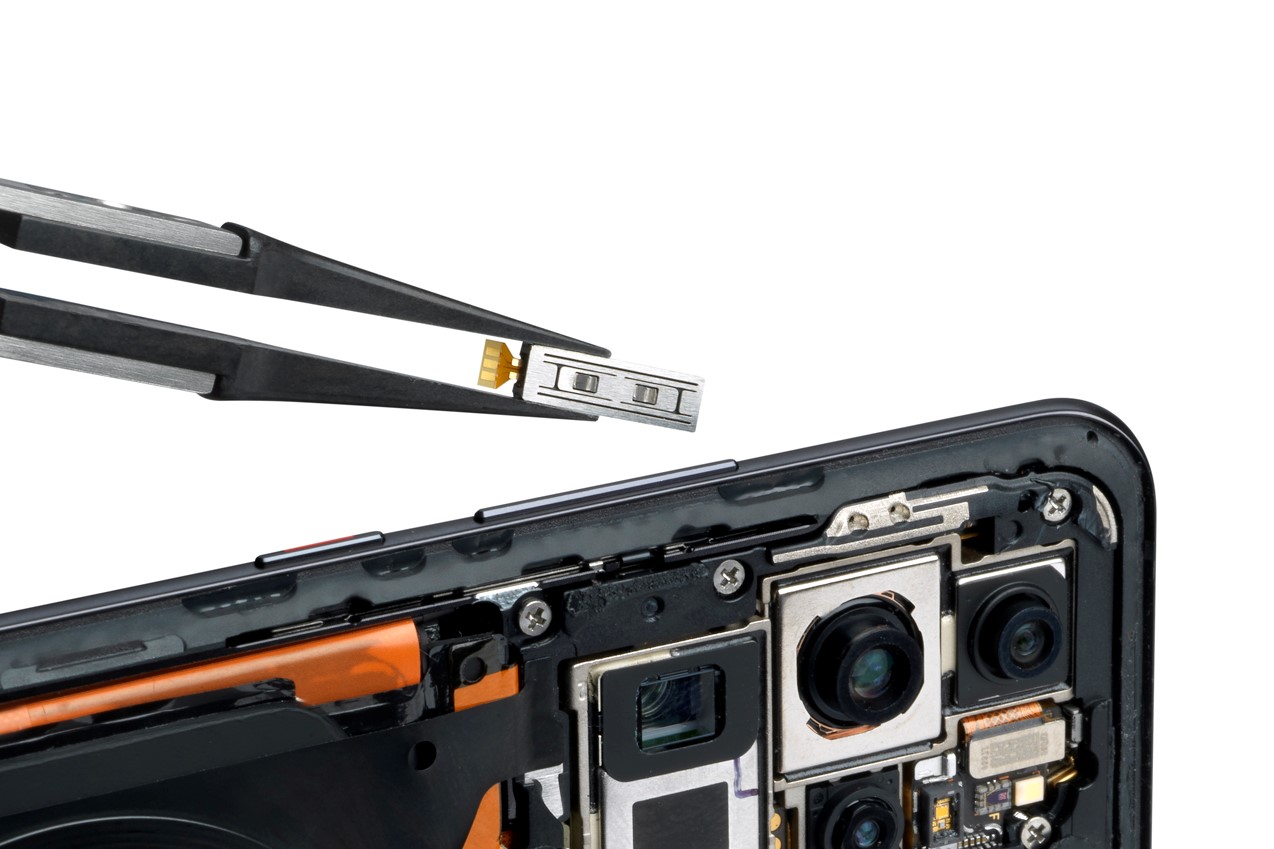Bose Ventures is exploring software investments and M&A as its speaker and earbud manufacturer parent competes with Apple and Amazon.

Bose has been one of the biggest specialist brands in consumer audio for some 60 years, but it’s looking to corporate venture capital to help prepare itself for the next 50, according to Randolph Rodrigues (above), who heads its venture arm.
The company was founded in the mid-1960s and for 50 years everything it produced – speakers, headphones, car stereo systems – was developed internally. But ultimately, says Rodrigues, who runs CVC arm Bose Ventures, it has roughly 6,000 staff while Amazon’s Alexa division alone employs 10,000. That means it needs to look outside to fill the gaps to compete with its deep pocketed rivals.
“Bose has proven it can innovate in a very niche space: audio technology,” Rodrigues says. “But Apple has entered the audio space, Sony is already there, as is Harmon Kardon which is part of Samsung. So, you have these tech behemoths playing in the same space as Bose, and even though we’re continuing to innovate and stay ahead of the curve in specific things, you can’t take it for granted that you have all the smart people in the room.
“The reality of how the tech space works is that a lot of companies get to a certain size and the way they’re able to sustain the level of innovation required to remain large and relevant is to look not only at what their own researchers and engineers can do but also what’s happening in the broader ecosystem. What are the new innovations coming up in labs in Silicon Valley, in Israel, Russia, India or South Africa that can help you get ahead of the curve cheaper and more quickly than if you do it yourself?”
The unit is looking to complement existing research and development activities, Rodrigues adds, reducing the cost and the time to market for Bose products. It isn’t interested in what he calls ‘speculative bets’ but rather companies with technology that is relevant right now, and every investment it makes needs to be supported by a business case or a co-development plan.
“We’re not investing in unproven technologies that are going to come to fruition in five or 10 years”
“We’re going to be working towards a cadence of two to four investments a year and they are going to be businesses where there is a clear alignment with our core,” he says. “We’re not investing in unproven technologies that are going to come to fruition in five or 10 years.

“Bose Ventures’ mandate is not to realise outsized returns because we caught something early. It has to be something where we’re building a product and there is a technology or capability [we need], and instead of spending $5m and taking five years to achieve it, we can invest $500,000 or $1m and have access to it today.
“That’s how we’re going to be driving growth: improving R&D efficiency, time to market and flexibility in our manufacturing and development process.”
Part of that mandate involves targeting software as well as hardware. For years, you’d simply buy audio equipment and upgrade when you needed to, but these days, more and more devices can be enhanced by over-the-air upgrades through your car or smartphone apps. Bose is actively pursuing that model in its own products, and it wants those products to be linked through a single technology infrastructure so they can operate together or be upgraded more easily.
“A company like Apple has that,” Rodrigues explains.” “There’s an ecosystem everything speaks to and it’s one ecosystem. Our products are much more rigid, and to address that we have to target software investments in the consumer audio and the automotive space.”
An evolution from healthtech and an expansion into M&A
Rodrigues joined the company in late 2022 as senior director of corporate development and ventures, and one of his main tasks was to reorganise Bose Ventures. The unit was formed in 2015 because Bose wanted to build out healthcare technology as a third leg of its business with consumer and automotive audio. But it had little internal experience in the sector, which meant it had to look outwards for the first time.
“We had sleep buds and speakers that tracked your sleep, but we didn’t have expertise in healthcare” Rodrigues says. “Most of the investments Bose Ventures made were healthcare-focused, and the idea was to acquire the capabilities and technologies to establish that component at Bose.”

Ultimately, Bose abandoned healthtech in 2020 and has been actively divesting its stakes in those companies as it moved towards its present strategy.
But that doesn’t mean it has no interest in the sector. Rodrigues cites South African portfolio company HearX, developer of a digital hearing aid called Lexie (right) that is powered by Bose audio technology, as an example of how it can support and partner with startups rather than releasing the products itself.
His corporate development role also means Rodrigues oversees M&A activity as well as venture investing. Bose may look to buy a startup instead of invest if there are exclusivity issues in place or if the corporate needs to consolidate its technology with some Bose infrastructure. Or perhaps the startup is backed by a private equity fund that could end up selling a majority stake to a competitor down the line. But in general, he says, a CVC approach is preferable.
“If we can spend $500,000 and we have access to a specific technology or set of capabilities, that makes more sense than acquiring it for $5m, $10m or $20m to get the same thing,” Rodrigues says. “There’s no added value for us having to deal with integration and having twice as many staff as we do now. If it isn’t necessary, we won’t do it.”
Bose Ventures is looking to double the size of its two-person team within the next year, and it can participate in rounds up to series B and C stage – its largest investment was $12m into an augmented reality startup. Despite the presence of huge tech conglomerates in the consumer audio industry, Rodrigues is confident there is still plenty of space for new companies. Sonos is barely 20 years old, while consumer electronics startups like Nothing and more recently Rabbit have emerged out of the blue.
“We don’t take it for granted that the entrenched players are going to remain the only relevant players,” he says. “We’ve done research and looked at all the companies that were big and relevant in the last 30 or 40 years, and you’ll find there’s a list of 20, 30, 40 companies playing in the audio space that are gone. They’re dead. And they didn’t necessarily die because their products were bad, they just became less relevant because other people did better, they weren’t able to innovate and they kind of lost their way.
“No space more than the tech space demonstrates the ability for innovation and newness. People are going to be looking for different things, and with VC and private equity, you can get capital even if you’re a small company. And if you have a brilliant idea, you can raise the capital to do something amazing in a short period of time. You don’t have to take 30 years to build up your company through bootstrapping. You could come up with an innovation today, and then within 12 months you’ve raised $1bn to go advance it.”










